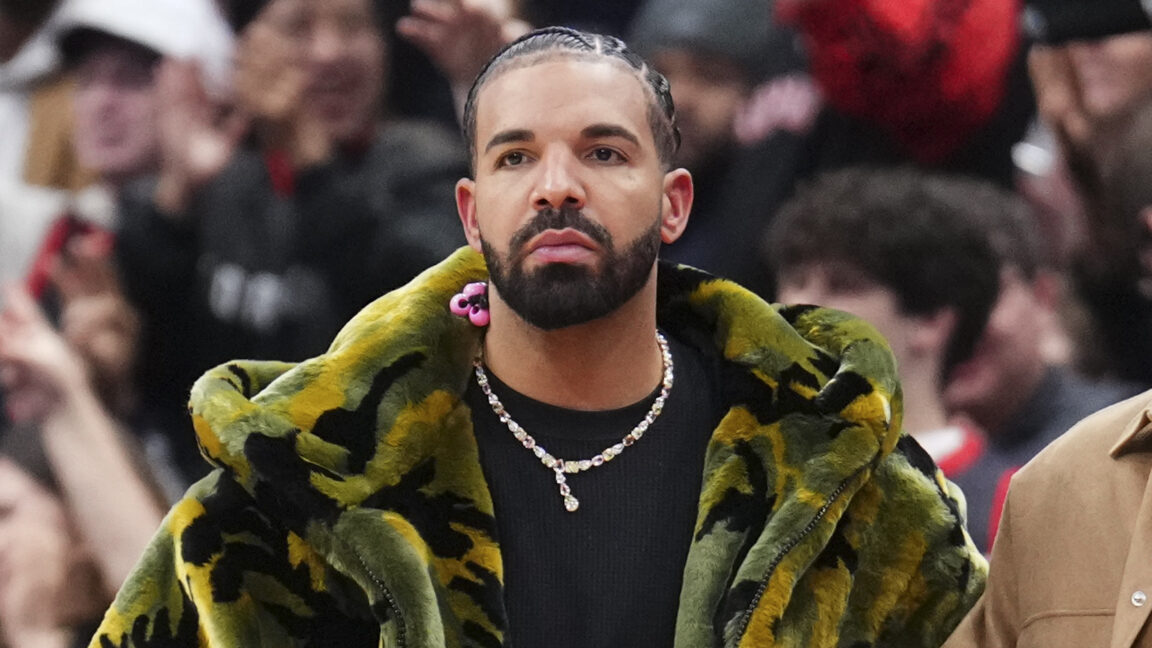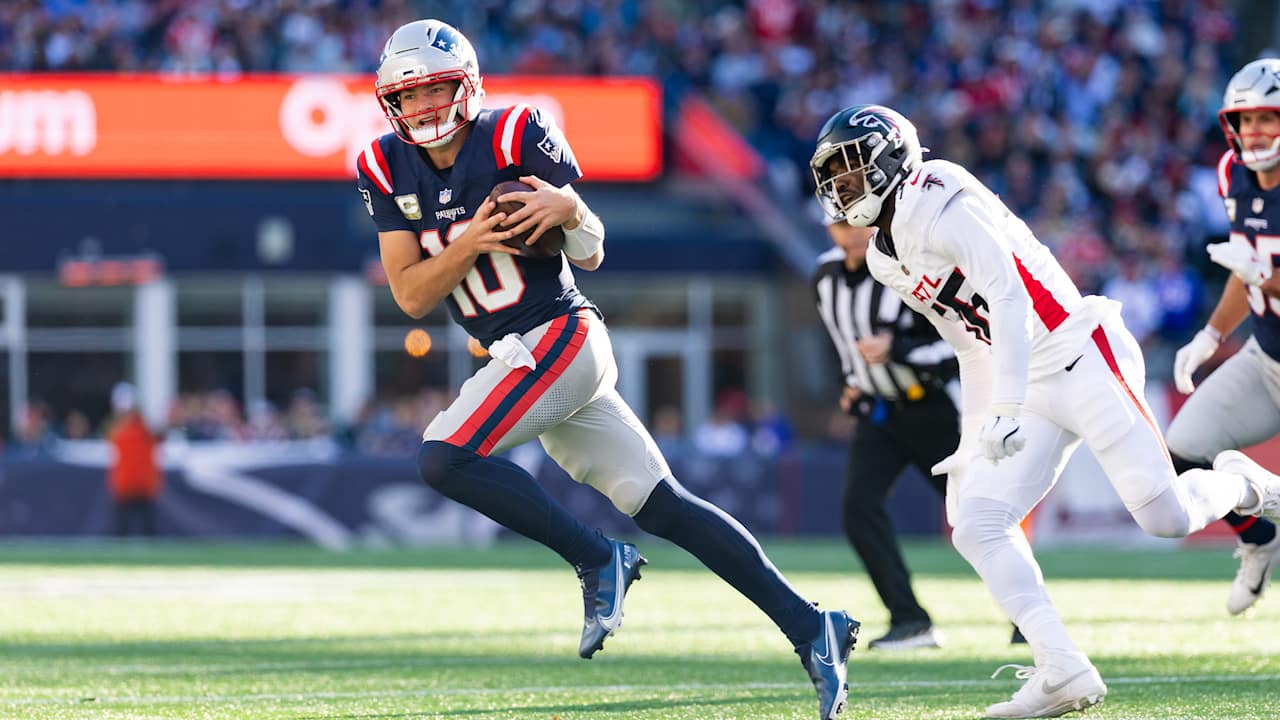A new class action lawsuit against Spotify accuses the company of allowing massive amounts of streaming fraud on its platform, with Drake in particular allegedly benefiting from billions of artificial streams.
In the suit, filed in federal court in California on Sunday, rapper RBX, who is also Snoop Dogg’s cousin, claims that Spotify is “all too happy to turn a blind eye” to massive streaming fraud that takes place on the platform, which in turn siphons off royalties from other artists.
Drake, who isn’t named as a defendant in the complaint, is the only artist named in the suit. RBX, whose real name is Eric Dwayne Collins, alleged that “between January 2022 and September 2025, a substantial, non-trivial percentage of Drake’s ~37,000,000,000 streams on Spotify during that timeframe were inauthentic and appeared to be the work of a sprawling network of Bot Accounts.”
While Drake is the only artist highlighted in the lawsuit, as the suit said, the alleged case “does not stand
alone.” The artist (and his team) is not accused of fraudulently manipulating streams but is just listed as a beneficiary of such rampant fraud.
Spotify pays out artists in a “pro rata” model, where all of the streams on the platform are compiled together and royalties get doled out based on an artist’s percentage of the overall streaming marketplace. If an artists uses bots or other fraudulent methods to artificially raise their stream count, it would unfairly give them a bigger take of the royalty pool and water down royalties that would go to legitimate streams instead.
Spotify is the sole defendant in the suit, and the bulk of the complaint is focused around the company’s alleged inability and/or unwillingness to police fraud, calling Spotify’s efforts “nothing more than window dressing, inadequate at best.”
“To satisfy constant pressure from shareholders to grow the business and increase stock prices, Spotify needs an ever-expanding population of users to engage on its platform,” the suit reads. “The more users (including fake users) Spotify has, the more advertisements it can sell, the more profits the company can report, all of which serves to increase the purported value delivered to shareholders.”
Streaming fraud has plagued the streaming services for years, with the issue only exacerbated as fraudsters flood the zone with AI slop tracks and bot farms. In a statement, a Spotify spokesperson refuted the notion that the company gains from streaming fraud and pointed toward efforts the streaming service has instituted to combat the practice.
“We cannot comment on pending litigation. However, Spotify in no way benefits from the industry-wide challenge of artificial streaming,” the spokesperson said. “We heavily invest in always-improving, best-in-class systems to combat it and safeguard artist payouts with strong protections like removing fake streams, withholding royalties, and charging penalties. Our systems are working: In a case from last year, one bad actor was indicted for stealing $10,000,000 from streaming services, only $60,000 of which came from Spotify, proving how effective we are at limiting the impact of artificial streaming on our platform. For more information about artificial streaming, how artists can avoid it, and what Spotify is doing to tackle the issue, please visit.”
While Spotify is the lone defendant, many of the more noteworthy claims in the complaint revolve around Drake in particular. Collins alleged that many of Drake’s streams reflect “abnormal VPN usage” to obscure where the listens are coming from. He alleged that over a four-day period in 2024, at least 250,000 streams of Drake’s song “No Face” originated in Turkey, but were falsely geomapped through the coordinated use of VPNs to the United Kingdom in attempt to obscure their origins.”
Collins further alleged that “less than 2% of his users accounts for roughly 15% of his overall streams. And roughly 9% of his streams are attributable to less than 1% of his users. As a result, Drake’s music
accumulated far higher total streams compared to other highly-streamed artists, even though
those artists had far more “users” than Drake.”
“The amount of streaming revenue that would otherwise have been distributed to legitimate Rights Holders but for the fraudulent boosting of Drake’s music is estimated to be in the hundreds of millions of dollars,” the suit said.
Currently unclear at press time is the accuracy of these figures, or where Collins got any of this data from. That’s not disclosed in the complaint, and the suit doesn’t currently include any exhibits or additional documents backing up the allegations.
A representative for Drake didn’t immediately respond to request for comment.
The allegations are of course a bit ironic given that Drake himself accused Universal Music Group of engaging in streaming fraud with Spotify and other platforms to artificially boost Kendrick Lamar’s diss track “Not Like Us” in his defamation suit against the label that was dismissed in October. He’s currently appealing the decision.
Source link

